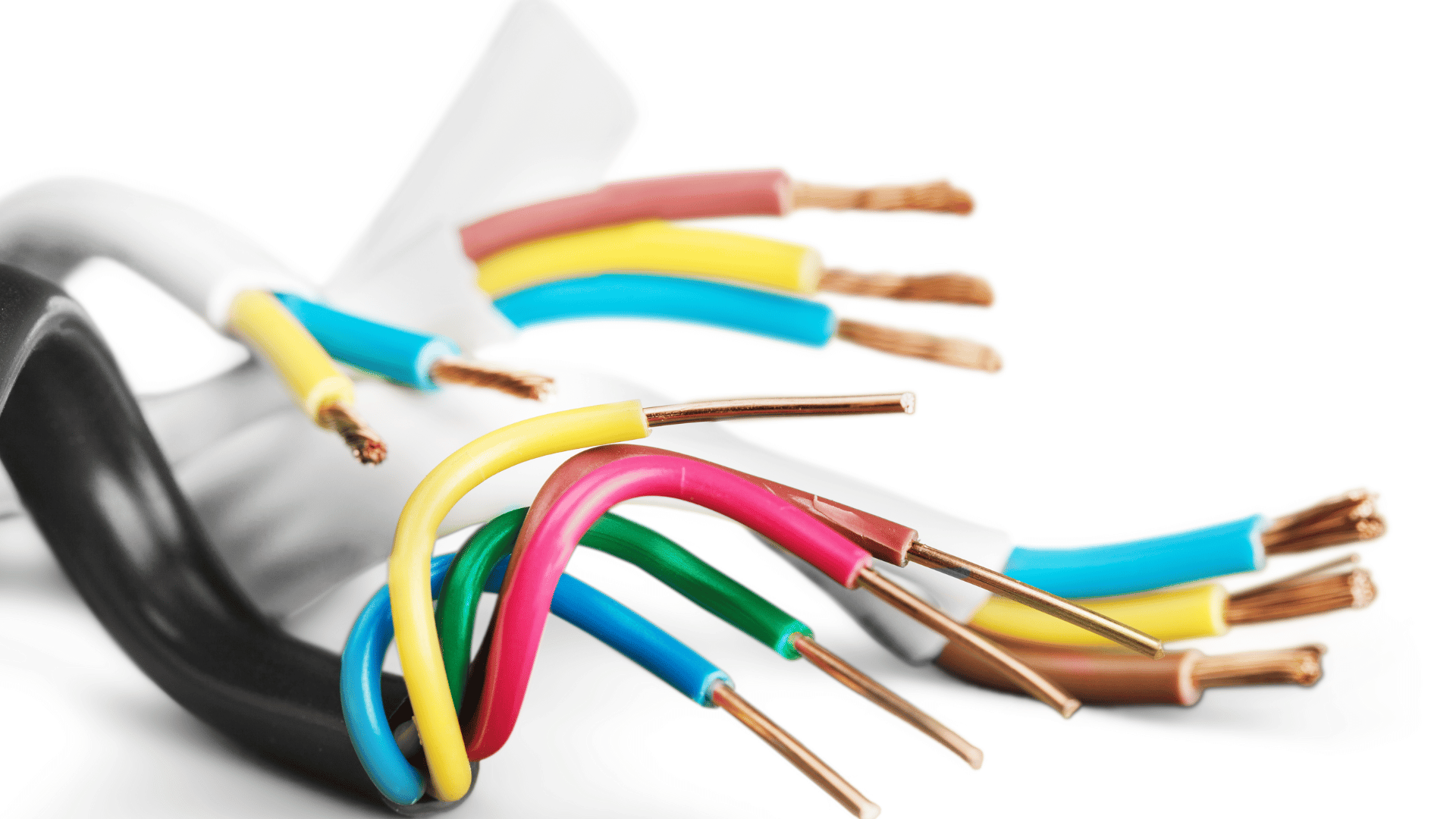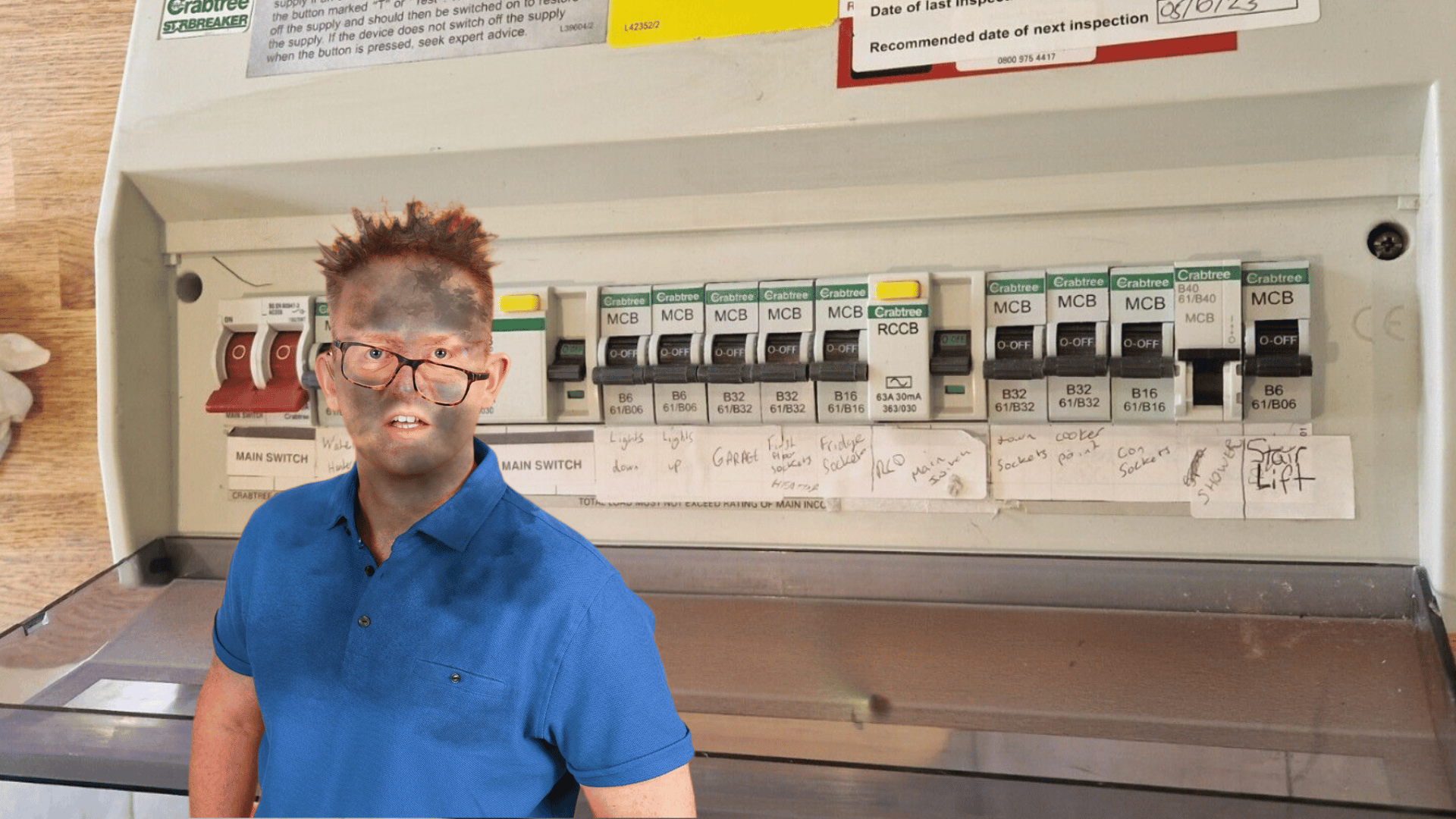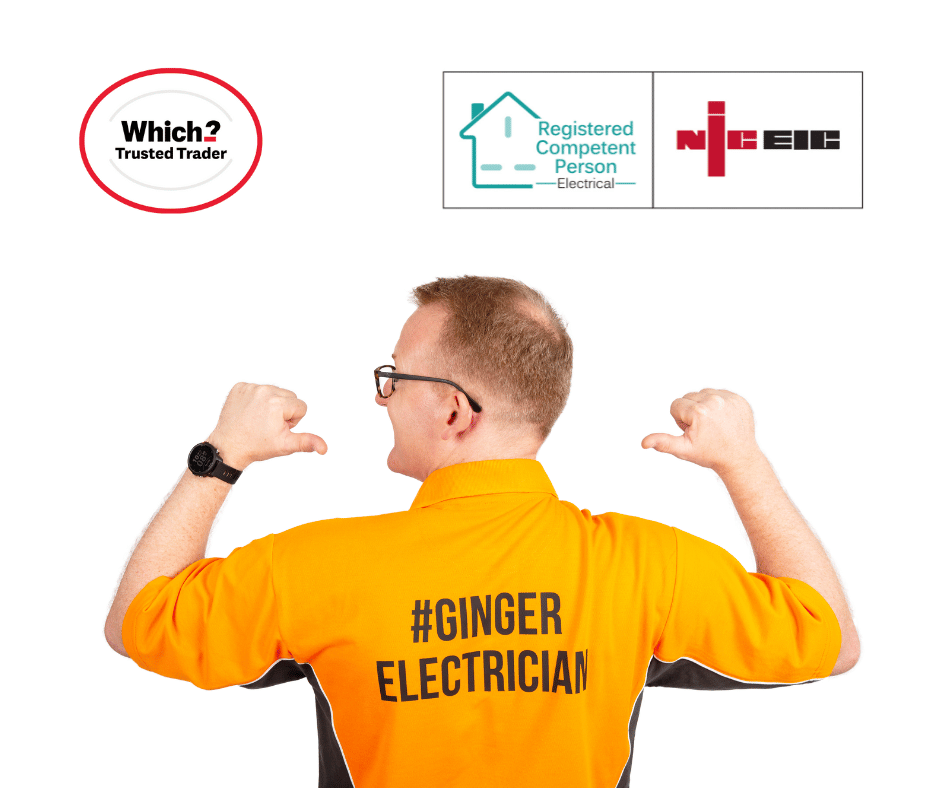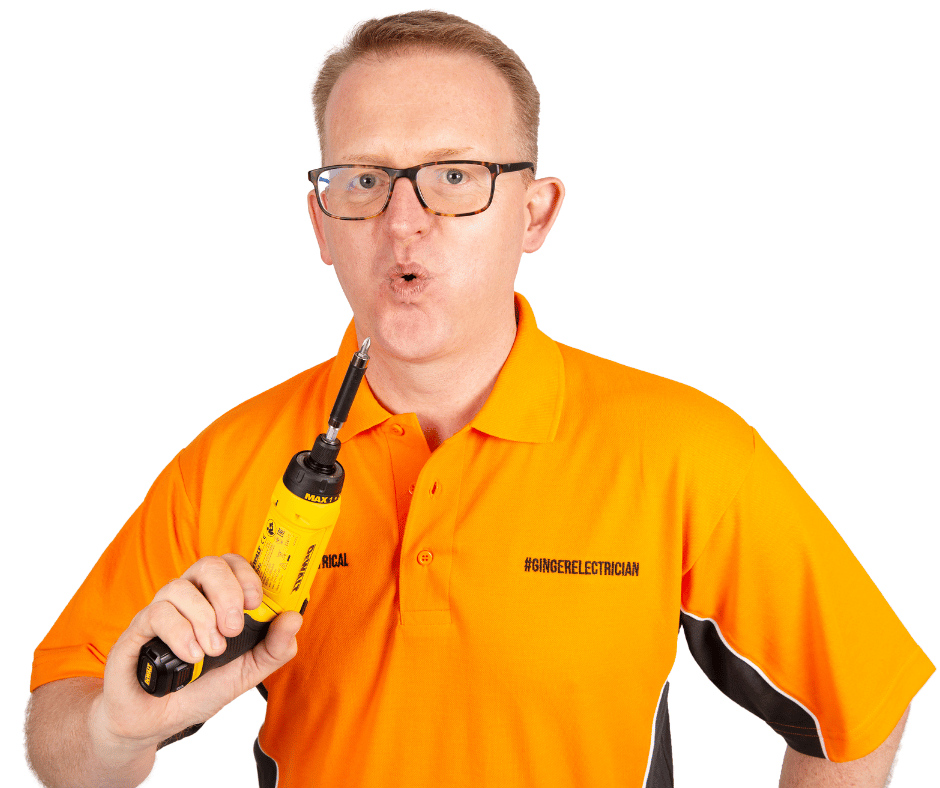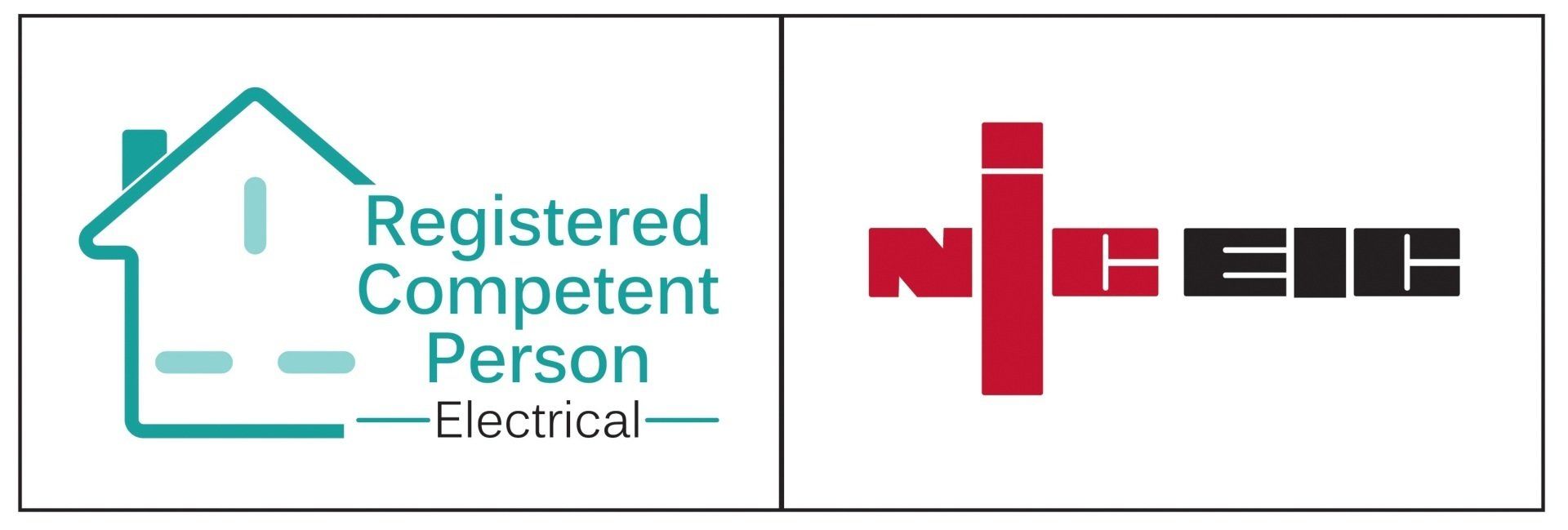Home Improvement - Fuse Box Maintenance FAQs
When should I replace the old fuse board?
There is no single answer to the question ‘when should I replace the old fuse board’ because it depends on the age of your home, the age of the fuse board (or box), when your home was last rewired, and whether you have, or are planning to, convert a loft or garage or extended your home. If you have done, or are seriously considering the latter, it is worthwhile getting your fuse board checked out to make sure it is up to the job of the extra electrical demand.
However, you shouldn’t go ahead and replace the old fuse board just because it is old. Homeowners are recommended to carry out an Electrical installation Condition Report (EICR) every ten years, which should highlight any problems with the wiring or fuse board. The odds are, if the fuse board is old, then the wiring is too, and it may not be up to the additional electrical demands of the technology and gadgets we now use in everyday life!
There are a few obvious pointers that you should replace the old fuse board because it is not keeping up with the demands placed upon it:
· Flickering lights
· Unresponsive sockets
· A burning smell
· Frequent ‘tripping’
· Scorch or burn marks on the fuse board
Older fuse boards were often installed in awkward places, such as in a cupboard under the stairs or high up where they are difficult to get to in an emergency. If yours is in a cupboard where you may also store spare paint or other flammable liquids, it may be a good idea to replace the old fuse board and relocate it somewhere safe but easily accessible.
If you are a homeowner in Sheffield and you are unsure about the safety of your fuse board or have experienced any of the problems we have highlighted above, call S Barker Electrical or send us a picture of your fuse board via ourcontact form and we can give you an idea of any regulation changes since it was installed or whether you have residual circuit breakers fitted to some or all circuits.
If it turns out you need to replace the old fuse board with a new consumer unit, all our installation work is fully guaranteed for ten years, and our workmanship is back by NICEIC Insurance. (NICEIC is the National Inspection Council for Electrical Installation Contracting.)
The dangers of an old fuse box
The most important reason to replace the old fuse board is because of electrical safety issues. Although it may have complied with the regulations at the time it was fitted, these have probably now been superseded by new regulations for consumer electrical safety. If something should happen and your fuse box does not have the necessary protection, there could be a risk of fire or an electric shock. Is your current fuse box an rcd consumer unit? Or a split consumer unit? Or old style fuse carrier? Old wiring and the electrical circuits must be tested first to ensure that new consumer unit cost also does not leave you sat in the dark! As old wiring with new boards are not always compatible. You certainly don't want to learn this AFTER the fuseboard replacement! RCDs and breakers on new home electrics are more sensitive, which is why a wise electrician, time served fuse box pros, also have a proper procedure or consumer unit installer checklist.
Consumer Unit Replacement Checklist
Fuse box maintenance costs will increase the longer you leave it, the average cost of replacing fusebox, including fuse box replacement labor is around £600-£1000 including electrical installation certificate.
Can I replace my own fuse box, main switch or garage consumer unit?
It is not advised to be replacing fuse box parts or the entire electrical consumer unit yourself. This is because even though the fuse box replacement costs might seem lower, and electrician can actually get these parts cheaper at a wholesaler! Also a diy fuse box replacement has a lot of risk as there are a lot of hazards, given that the main incoming supply also has to be dealt with. An electrician will not use an older version of fuse boxes, the split load consumer unit (sold in many DIY stores) as these are a slightly old fashioned fuse box, but instead will first carry out an electrical inspection to determine the fuse box need and that there are no electrical faults, then the consumer unit replacement will use a high integrity consumer unit as the preferred type of consumer unit.
Over-current
This is caused by an electrical overload at the fuse board. Too many devices/appliances requiring electricity at the same time can overload a circuit. A fuse board that was installed more than 15 years ago is unlikely to be able to keep up with the demands placed upon it now. Think back to your childhood and how many electrical appliance there were in the home. Then think how it differs today with TVs and computers or laptops in every room, all the phones, tablets, vacuums and other gadgets needing to recharge. If you have too much current travelling through the circuit, it can cause wires to overheat or melt, resulting in a fire risk.
Earth leakage
When an electrical current returns to the ground along a different path than the one intended, we call that an earth leakage. If your fuse board doesn’t have circuit breakers, the person holding the appliance at the time could get an electric shock. A perfect example of this is if someone cuts through the power cable of their electric lawn mower. If circuit breakers are installed on the fuse board, nothing will happen – the lawn mower will just cut out. But if no circuit breakers are present, the person holding the lawn mover handles will receive a powerful electric shock.
Safety devices on consumer units
It is mandatory in the UK for modern consumer units to have several safety devices to protect against surges, earth leakage, and over-current, which could cause electric shocks or fires.
Arc Fault Detection Devices (AFDD)
As of September 2022, new work involving board changes or Socket circuits should have these to comply with the new regulations. In addition it is a recommendation to upgrade to these even if you don't do additional work. These are crucial to Electrical Safety in that they detect loose connections which are starting to arc. Arcing leads to high temperatures and ultimately electrical fires, and so these devices detect and prevent that.
Surge Protection Device (SPD)
This is designed for protection against a sudden surge in electricity (over-voltage), which could damage electrical devices and appliances and cause serious injury to you or your family, even death in some cases.
Residual Current Device (RCD)
This is a circuit breaker that is trips out immediately when it recognises an earth leakage, saving our gardener in the earth leakage example above from serious injury.
Miniature Circuit Breaker (MCB)
Also known as a trip switch, this small circuit breaker is designed to interrupt an electrical current if is exceeds a certain threshold. Modern consumer units normally have resettable MCBs.
Advantages of replacing an old fuse board with a consumer unit
When you replace the old fuse board with a modern consumer unit, you are making sure your family is safe by protecting them from power surges when they use electrical equipment or appliances. They will also be protected if they overload a circuit by using multiple socket adaptors/extension leads, or if they are using an appliance that has faulty wiring or develops a fault. The RCDs and MCBs react within a millisecond to cut the power. That doesn’t mean that these faults won’t happen again, but in the unlikely event that they do, the safety devices installed in the consumer unit will ensure any faults don’t result in an electric shock.
The risk of an electrical fire will also be greatly reduced because in the event of a fault, the power is automatically disconnected, reducing the heat build-up that can often lead to a fire.
At S Barker Electrical, we want you to have a long-lasting installation that keeps working effectively and makes sure you and your family are safe. We get the job done quickly and with minimum mess and fuss. In addition we are:
· A Which? Trusted Trader
· Have Trustmark Government Endorsed Quality
· A Registered Competent Person Electrical
· NICEIC registered
· Part P electrical safety approved
· Trustworthy - have undergone a Police Disclosure Check
If you are looking for an electrician in Sheffield to replace the old fuse board in your home, get in touch today using ourquoting form orcontact us page.

